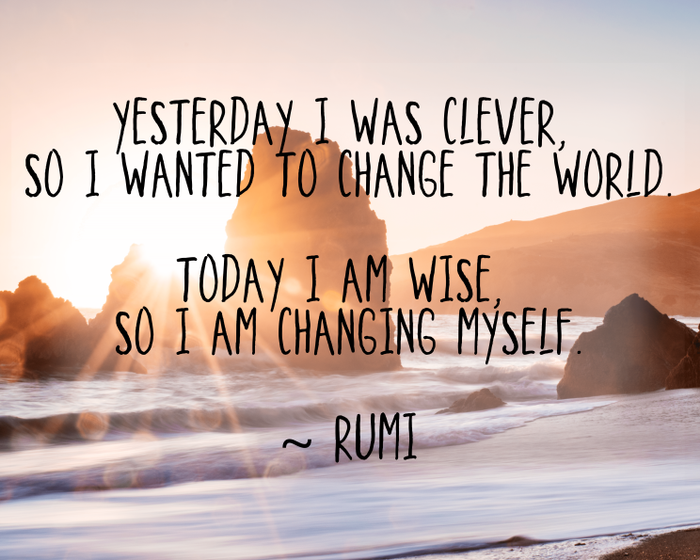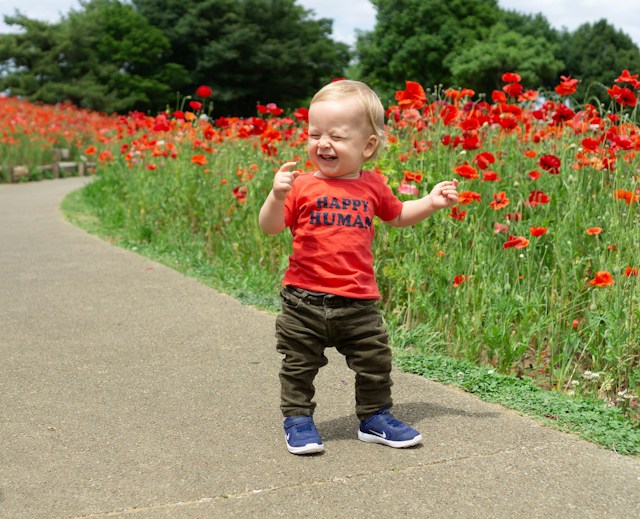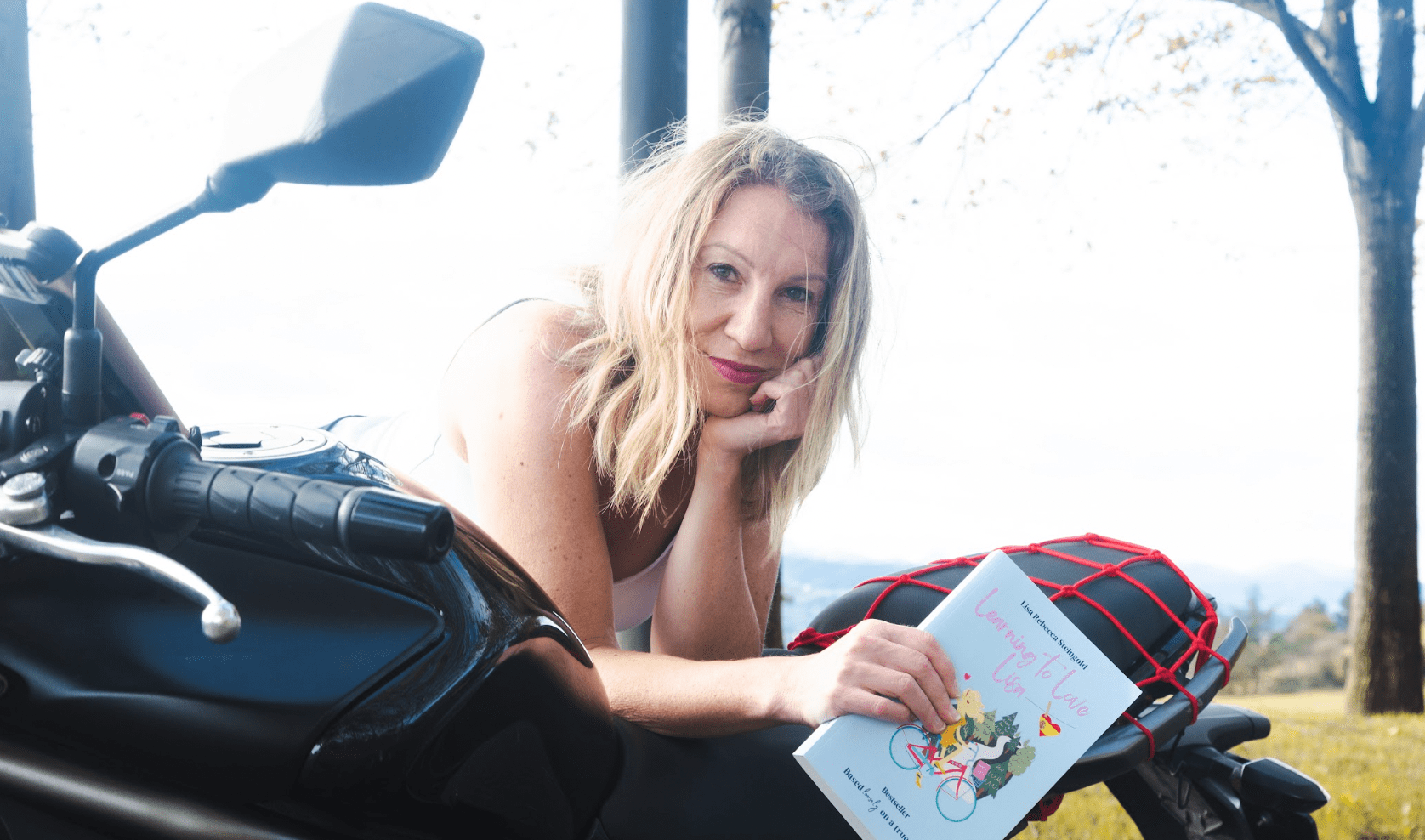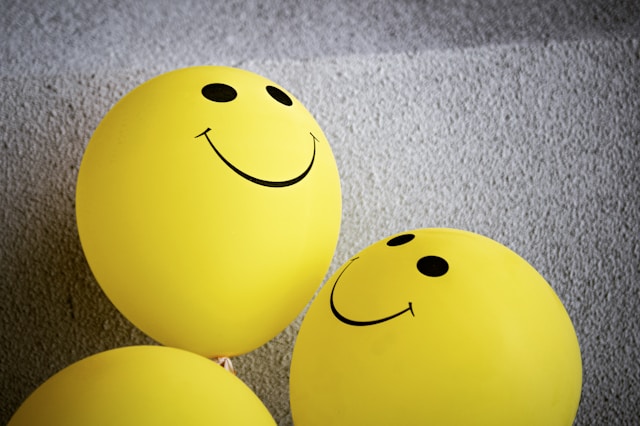Why would you want to try be a better human?
The thing is not only is it likely to cause your relationships to go better but you’re likely to feel an overall greater sense of content.
And whilst it may seem counter-intuitive to set goals for personal development as it’s all about ‘the journey’ but there are very tangible benefits to personal development.
- Better quality relationships,
- Less anxiety
- And greater ease in achieving personal and professional goals.
But where to even start?
Even if you’ve been on the journey for some time. here are my top three suggestions for the most helpful ways to just be a better human.
If you want to, of course.

1. Self-awareness
Self-awareness helps us to be able to better regulate ourselves in relation to our environment resulting in better decision-making.
For example, if you know you’re irritated about something, it’s probably not the best time to have a conversation with your boss or your partner about something important. E.g. You’re aware that you’re more likely to have an argument than at other times.
Our world is filled with external factors that we cannot control but if you recognize your own internal triggers, you can better adapt and prepare for external conditions. Someone who is not self-aware encounters obstacles and perceives themselves as a victim of circumstance. Someone who is self-aware examines themselves honestly to get to the root of their problems.
How to achieve self awareness?
- Write in a journal a few times a week just to share your own feelings with yourself.
- Or take a walk in nature.
- Or simply use an app like Calm, to monitor how you feel over a week or month.
- Hint – ask What, not why. See the TED Talk below.
It’s all about reflection and becoming aware of your own emotions and feelings. Once you see how you feel. you can do something about it.
Self-compassion
Let’s face it. Sometimes being a human being royally sucks! People you love leave, we go through tough times sometimes through no fault of our own and the outer world impacts us greatly.
Self-compassion isn’t about indulgence or letting yourself off the hook – it’s about forgiving yourself for being human and starting to treat yourself the way you’d treat your best friend.
How to achieve self-compassion?
When people say something like ‘love yourself’, it’s too airy fairy.
Real self-compassion can be translated into actions and thoughts which impact feelings.
An example like looking in the mirror and telling yourself you’re ugly every day will have a negative impact over time.
Try shifting your thinking with a more helpful phrase like I’m doing okay or I’m doing well.
Don’t lie to yourself because toxic positivity won’t help but find something a little more friendly to think towards yourself each day.
Then seek tangible actions that represent self-compassion.
For example,
- Taking time for rest.
- Or take half an hour to go and sit in your favorite coffee shop with nothing in particular to do.
- Or simply run yourself a bath with candles.
- Or just let yourself take a few hours off your phone.
3. Self-accountability
Self-accountability is like the older brother of self-awareness. Self-awareness is the first step but if you want to master your life, it requires self-accountability.
Self-accountability is a way of living in which you take responsibility for your actions and your life. We all have goals and objectives but life, and other people often throw us curveballs. Self-accountability or personal responsibility means learning from your mistakes, releasing the need to blame others for your problems and not shying away from your own shortcomings.
These are great examples of personal accountability;
- Admitting to a mistake and even apologising
- Asking for help
- Taking time for self-reflection
Taking steps to address a problem rather than complaining or simply wishing for it to be different.
How to achieve self-accountability?
Sometimes we don’t realise how we speak. Or even think. We blame others for how we feel. He did this. She did that. But we’re not in control of other people. We’re responsible for ourselves. One of the best ways to develop self-accountability is to look at situations that upset us and our dreams.
In the case of upsetting situations examine how you feel. Who are you blaming and now the most important question; What are you going to do about it?
Funnily enough many of us act the same way with regards to our dreams. We think things like ‘it’ll never happen’ and so we don’t even take the first step. Then we end up feeling bitter about it.
Bottom line
Here’s the thing lots of people get wrong about trying to be a better human; they want to do it because they’re trying to get something.
Yes I know I said you’d have better relationships blah blah blah…
But the thing is you have to want to be a better human. You have to want it for you. Not because you’re trying to get something.
The intention behind wanting to become a better human needs to come from you.
Not because your parter or boss told you. Or because you want a bigger pay check. It needs to come from you because you really really want it.



